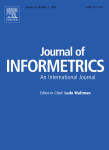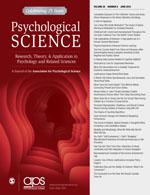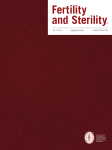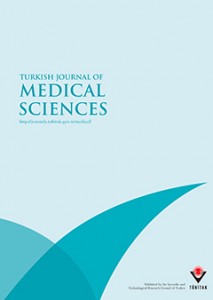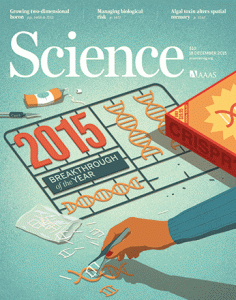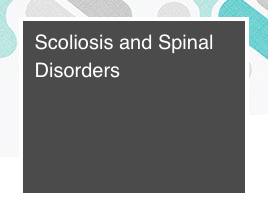 After researchers failed to seek ethics approval for a study on teens with scoliosis, a journal has issued an erratum to the paper.
After researchers failed to seek ethics approval for a study on teens with scoliosis, a journal has issued an erratum to the paper.
The journal is not retracting the paper outright, it says, because the study was non-invasive and likely would have received ethics approval.
During the study, teenagers with and without progressive scoliosis underwent a physical examination and participated in an interview along with a parent, with the goal of trying to uncover risk factors for the condition.
Here’s the full erratum from Scoliosis and Spinal Disorders for “Physical activities of Patients with adolescent idiopathic scoliosis (AIS): preliminary longitudinal case–control study historical evaluation of possible risk factors:”
Continue reading Study on teens with scoliosis failed to seek ethics approval, erratum notes
